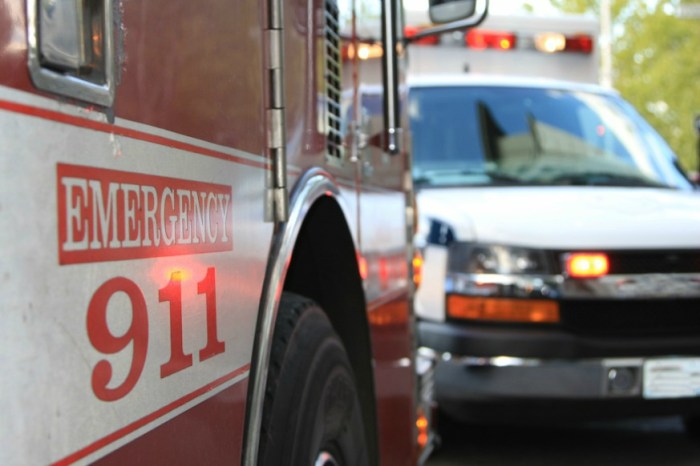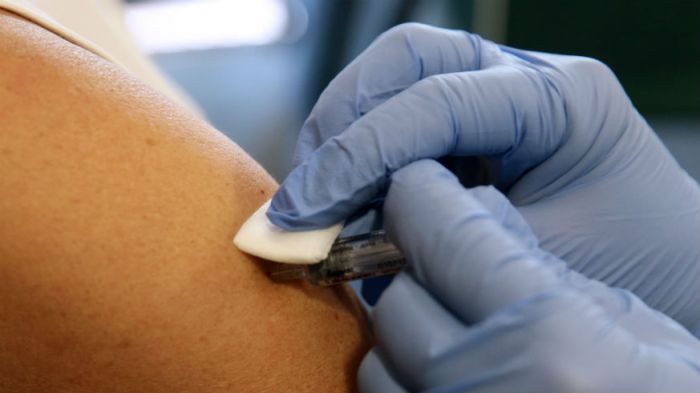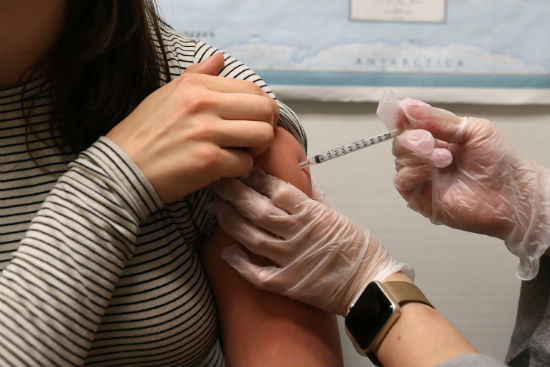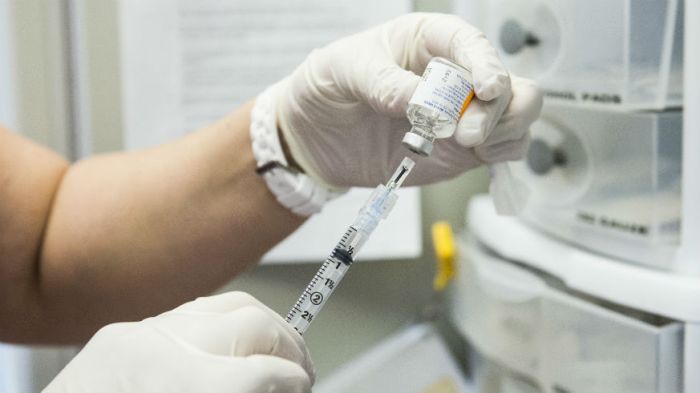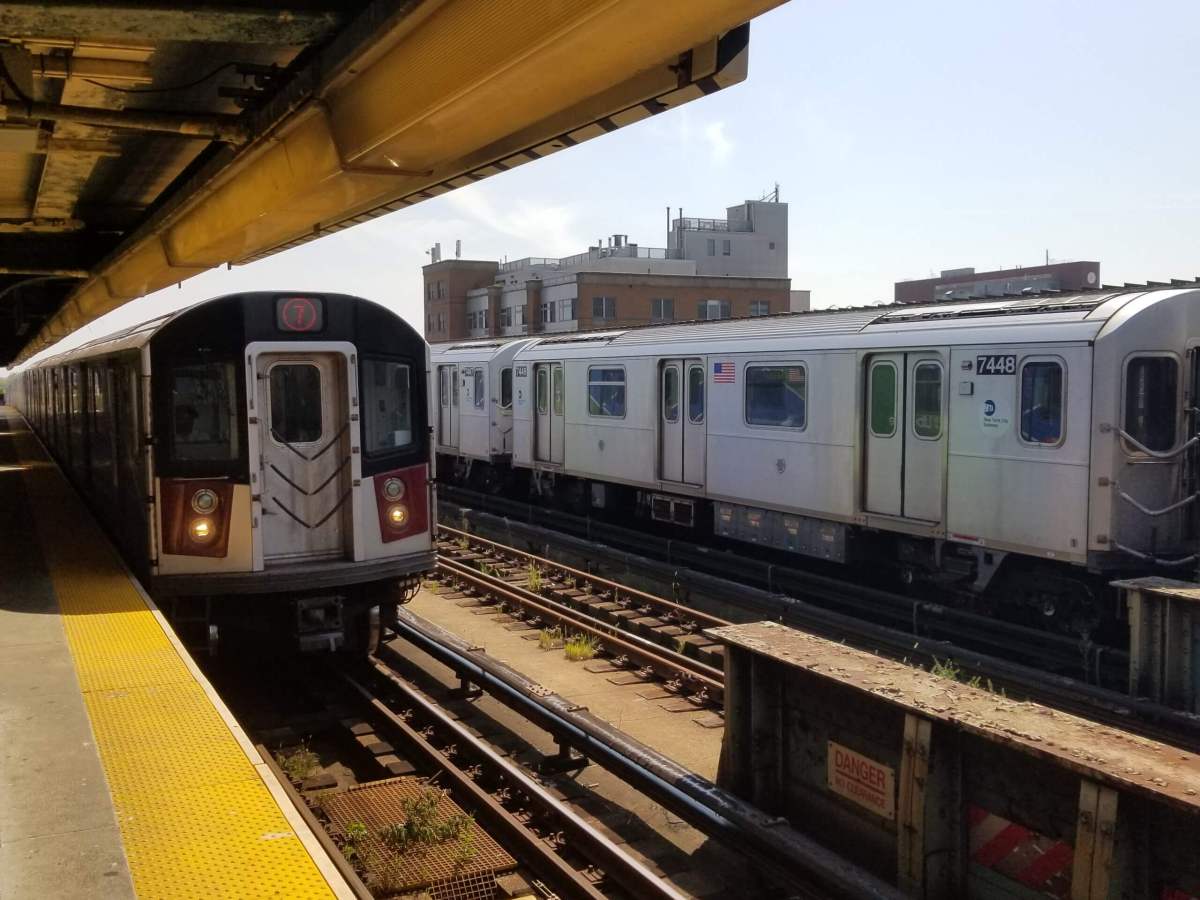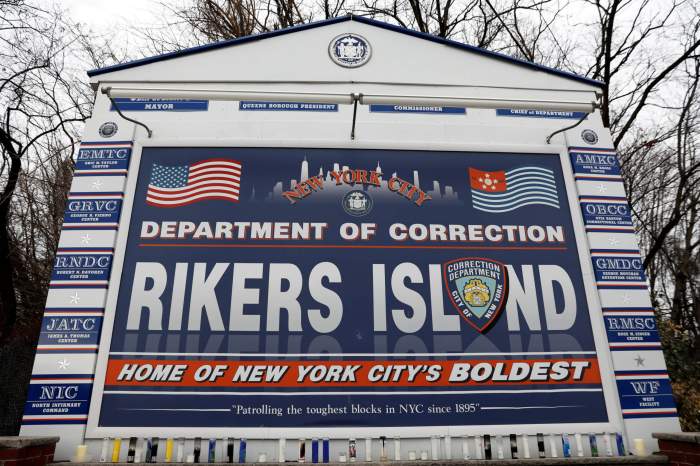The latest frightening news about the flu is here: According to a new study, being stricken with the virus can increase the risk of heart attack.
The study, published in the New England Journal of Medicine, finds that patients are six times more likely to suffer cardiac arrest within seven days of coming down with the flu.
“I was a little bit surprised by the strength of the association. It’s not every day you see a six-fold increase in the risk during the first seven days of lab-confirmed influenza,” chief author Dr. Jeffrey Kwong, told Reuters Health. “We were also surprised the risk dropped off to nothing by day 8 and beyond.”
Kwong and his team looked at 364 hospitalizations for heart attacks occurring within one year before and after flu diagnosis. From this sample, 20 patients a week were admitted to the hospital for cardiac arrest within seven days of coming down with the flu, compared to 3.3 per week during the 52 weeks before or 51 weeks after that window.
The risk was higher for subjects over 65 years old. Of the 332 people in the study who suffered heart attacks within seven days of getting the flu, 69% hadn’t received a flu shot.
Why might the virus increase the likelihood of heart attack?
Kwong explained that flu “is a stressor to the system” and increases inflammation.
“When you get an infection your heart is beating faster,” he said. “It can activate platelets, increasing the chance that blood clots will form in the arteries that serve the heart. All of these can increase the chance of having a heart attack.”
Kwong’s advice: Wash your hands often, get a flu shot and stay away from people who are infected with the virus. As we learned last week, the flu is even transmitted through breath, so you can never take too many precautions. And if you have the flu, don’t brush off symptoms, such as tightness or pain in the chest and shortness of breath, that could signal a heart attack.


